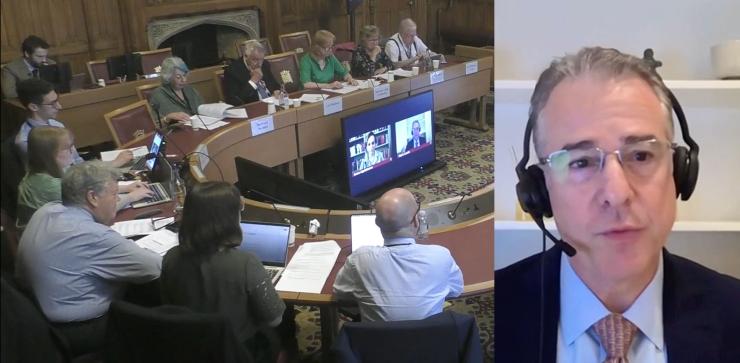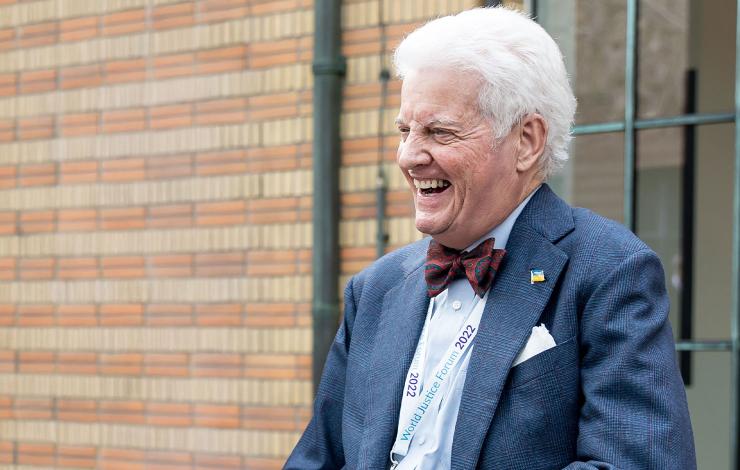
The Economic and Legal Empowerment panel at the World Justice Forum IV explored how civil society, government, and private actors can work in concert to empower vulnerable and poor citizens through a robust rule of law.
Panelists focused on modern methods of legal empowerment such as government programs that raise awareness of vulnerable citizens’ constitutional rights; safeguards and regulations that ensure access to justice; the right to counsel; and access to formal business and financial mechanisms. The discussion also highlighted innovative solutions to closing the gap between passing a law in the halls of parliament and the reality of that law as experienced by the poor.
Moderator
Zaza Namoradze, Director, Budapest Office, Open Society Justice Initative (Hungary)
Panelists
Yasmin Batliwala, CEO, Advocates for International Development (United Kingdom)
Stephen Golub, Lecturer, School of Law, University of California, Berkeley (USA)
Vivek Maru, Founder and Director, Namati (India)
Faustina Pereira, Director, Human Rights & Legal Aid Services, BRAC (Bangladesh)






